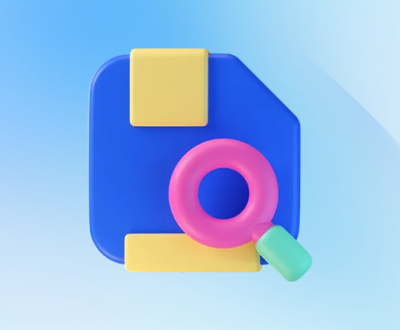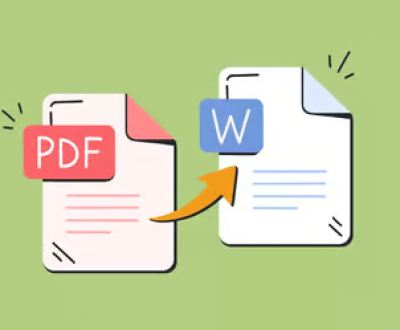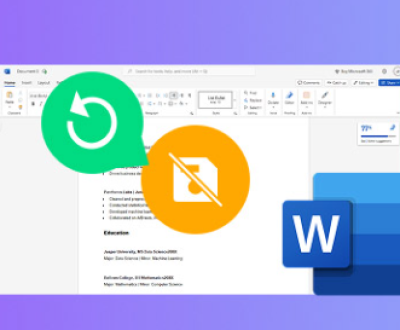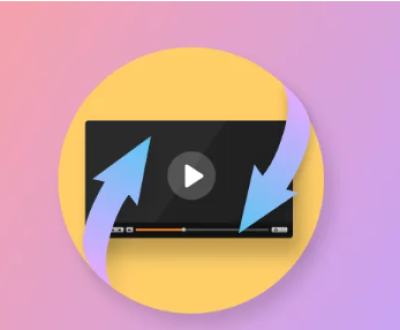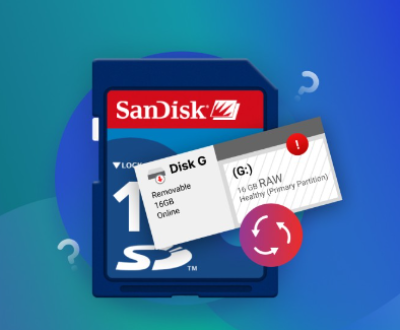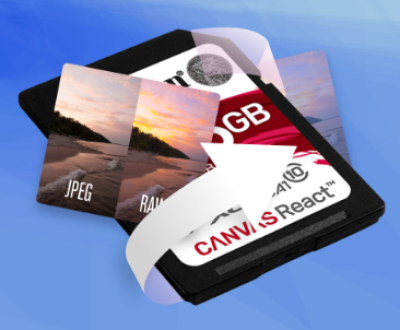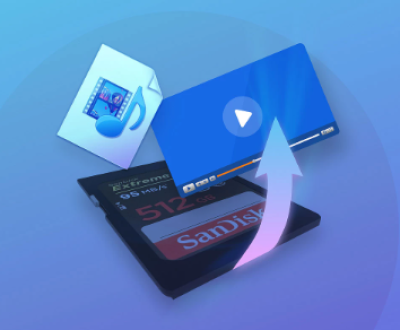A disk partition program, also known as partition management software, is a tool that allows users to divide, modify, and manage storage devices such as hard drives and SSDs. These tools are essential for organizing storage, improving performance, enhancing data security, and making it easier to run multiple operating systems on a single machine.
1. EaseUS Partition Master
EaseUS Partition Master is one of the most popular and feature-rich disk partition programs available today. It caters to both novice and professional users by providing a simple interface alongside powerful tools for complex tasks.
Features:
Partition Creation and Resizing: EaseUS Partition Master allows users to create, resize, move, merge, and delete partitions with ease. It can resize partitions without data loss, making it ideal for adjusting disk space for different tasks.
Partition Conversion: The software supports conversion between different file systems (FAT32 to NTFS), MBR to GPT conversion, and dynamic to basic disk conversion, which is useful when upgrading systems or working with large drives.
Disk Cloning: One of the standout features of EaseUS is its disk cloning capability. This feature is essential for users who want to upgrade to a larger drive without reinstalling the operating system or losing any data.
OS Migration: Users can easily migrate their operating system from one disk to another, which is particularly helpful when upgrading from HDD to SSD.
Recovery and Repair: The software includes tools for recovering lost partitions and repairing corrupted ones, ensuring that data remains secure even in case of errors.
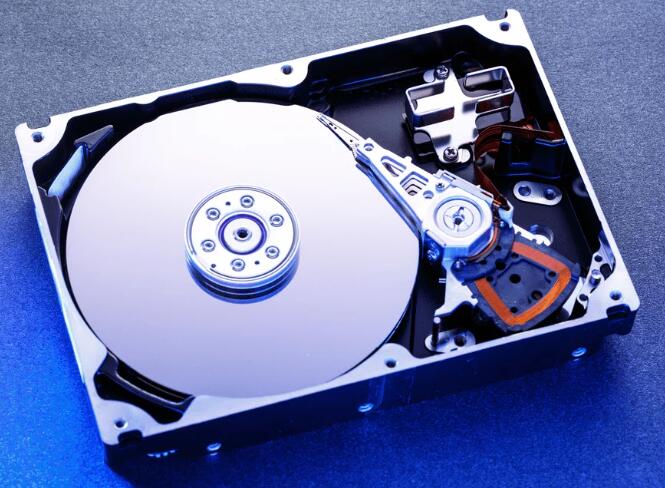
Pros:
User-friendly interface.
Versatile partition management features.
Supports both Windows and macOS.
Regular updates and active support.
Cons:
Some advanced features are locked behind the paid version.
Performance may be slower on older systems.
Best for:
EaseUS Partition Master is ideal for general users who need a reliable, easy-to-use tool for managing disk partitions. Its OS migration and disk cloning features make it a great choice for system upgrades and backups.
2. MiniTool Partition Wizard
MiniTool Partition Wizard is another popular choice, known for its comprehensive feature set and ability to handle complex disk management tasks efficiently. It’s designed for both beginners and advanced users who need more control over their disk partitions.
Features:
Partition Management: Like EaseUS, MiniTool offers extensive partition management features, including the ability to create, resize, split, merge, and delete partitions. It also supports alignment of partitions for better performance.
Disk Health and Diagnostics: One of the standout features of MiniTool is its disk health monitoring and diagnostics capabilities. Users can analyze disk usage, check the file system for errors, and perform surface tests to detect bad sectors.
File System Conversions: The software can convert FAT to NTFS, as well as dynamically manage conversions between MBR and GPT disks.
Data Recovery: MiniTool comes with built-in data recovery features that allow users to recover lost or deleted partitions and files.
Clone and Migrate OS: MiniTool allows for easy disk cloning and OS migration, similar to EaseUS, making it an excellent tool for upgrading storage devices.
Pros:
Rich feature set with both basic and advanced tools.
Free version available with core functionality.
Offers additional data recovery tools.
Disk health monitoring features.
Cons:
The interface can be overwhelming for new users.
Some advanced features require a paid license.
Best for:
MiniTool Partition Wizard is perfect for advanced users who need detailed disk health analysis and more comprehensive partition management tools. Its free version is highly functional, making it an excellent budget option.
3. AOMEI Partition Assistant
AOMEI Partition Assistant is a versatile and easy-to-use partition manager that offers a robust set of features for managing disk space. It is a favorite among users looking for reliability and simplicity without sacrificing advanced functionality.
Features:
Partition Management: AOMEI allows users to resize, move, merge, split, and create partitions easily. It also supports partition alignment for SSDs, ensuring optimal performance.
Disk Conversion: AOMEI supports conversion between MBR and GPT partitions, and it can also convert file systems between FAT32 and NTFS without data loss.
OS Migration and Cloning: Like the previous tools, AOMEI also offers OS migration and disk cloning features, making it ideal for upgrading systems or backing up data.
Dynamic Disk Management: AOMEI offers the ability to manage dynamic disks, which allows for more complex disk setups like RAID. This feature is particularly useful for enterprise-level tasks.
Windows To Go Creator: A unique feature of AOMEI is its ability to create a portable Windows environment on a USB drive, which allows users to run Windows on different devices.
Pros:
Intuitive interface with a quick learning curve.
Supports a wide range of partitioning tasks.
Windows To Go feature is useful for advanced users.
Excellent customer support.
Cons:
Fewer advanced diagnostic tools compared to MiniTool.
Dynamic disk management is only available in the paid version.
Best for:
AOMEI Partition Assistant is great for users who want a balance of simplicity and advanced features. Its ability to create portable Windows installations is a unique bonus, and it’s a solid choice for both home and business users.
4. Paragon Partition Manager
Paragon Partition Manager is a powerful disk management tool that is especially popular in enterprise environments due to its robust feature set and focus on data integrity.
Features:
Partitioning and Formatting: Paragon allows for the easy creation, deletion, resizing, and formatting of partitions. It supports a wide range of file systems including NTFS, FAT32. Ext4. and more, making it versatile across platforms.
Backup and Recovery: Paragon includes extensive backup and recovery tools. Users can create full disk backups or restore specific partitions, ensuring data safety in case of system failure.
Partition Alignment: The software optimizes partitions for SSDs by ensuring proper alignment, which improves performance and longevity.
Disk Wiping: Paragon comes with secure disk wiping tools, allowing users to completely erase sensitive data from partitions or entire disks.
Data Migration: Users can migrate their OS to another drive easily, and Paragon’s advanced tools ensure that data integrity is maintained throughout the process.
Pros:
Enterprise-grade tools for backup and recovery.
Support for a wide variety of file systems.
Strong data protection features.
Easy OS migration and disk cloning.
Cons:
The interface is less intuitive compared to other options.
Some features, like backup and restore, require additional downloads or versions.
Best for:
Paragon Partition Manager is best suited for business environments where data integrity and security are paramount. Its powerful backup and disk wiping features make it an excellent choice for users who prioritize data protection.
5. GParted
GParted (GNOME Partition Editor) is a free, open-source disk partitioning tool that is highly regarded among Linux users, but it also supports Windows and macOS through bootable media. While not as polished as some paid alternatives, it’s powerful and highly customizable.
Features:
Cross-Platform Support: GParted is primarily a Linux tool, but it can be used on Windows and macOS via live USB or CD. This makes it one of the most versatile partitioning tools for users working across multiple platforms.
Basic Partition Management: The tool allows for the resizing, creating, deleting, and formatting of partitions. It supports a wide variety of file systems, including FAT32. NTFS, Ext3/4. and more.
Partition Copying: GParted allows users to copy and move partitions, which is useful for backup purposes or reorganizing disk space.
Free and Open-Source: One of the biggest advantages of GParted is that it’s completely free and open-source, with no restrictions on features.
Pros:
Completely free with no feature limitations.
Supports a wide range of file systems and platforms.
Lightweight and highly efficient.
Strong community support.
Cons:
Lacks some of the advanced features of paid software (e.g., OS migration).
The interface can be intimidating for users unfamiliar with Linux-based tools.
Best for:
GParted is ideal for users who are comfortable with open-source software and are looking for a free, powerful solution that works across multiple platforms. It’s particularly useful for Linux users, but anyone can benefit from its flexibility and lack of cost.
When choosing the best disk partition program, it’s important to consider your specific needs and technical expertise. For users who want a comprehensive, user-friendly experience, EaseUS Partition Master and MiniTool Partition Wizard are both excellent choices. For those who need a balance of simplicity and power, AOMEI Partition Assistant offers a good middle ground with unique features like Windows To Go. Paragon Partition Manager is perfect for business users and professionals who need enterprise-grade backup and recovery features. Finally, for tech-savvy users who prefer open-source solutions, GParted is a fantastic option that’s completely free.
About us and this blog
Panda Assistant is built on the latest data recovery algorithms, ensuring that no file is too damaged, too lost, or too corrupted to be recovered.
Request a free quote
We believe that data recovery shouldn’t be a daunting task. That’s why we’ve designed Panda Assistant to be as easy to use as it is powerful. With a few clicks, you can initiate a scan, preview recoverable files, and restore your data all within a matter of minutes.
Subscribe to our newsletter!
More from our blog
See all postsRecent Posts
- How to recover lost files on sd card 2025-07-18
- How do i recover a lost document in word 2025-07-18
- How to recover lost files on windows 10 2025-07-18

 Try lt Free
Try lt Free Recovery success rate of up to
Recovery success rate of up to

